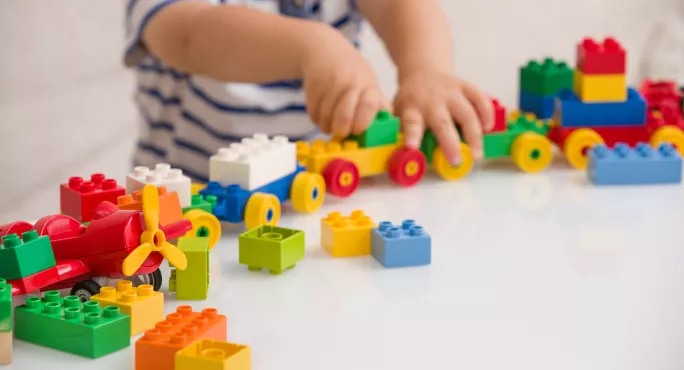Key methods that teachers can use to boost pupils’ numeracy skills in early years have been laid out in a new report by the Education Endowment Foundation (EEF).
They include relating outdoor play and PE to maths, and using storybooks to bring numeracy to life for three- to seven-year-olds.
Early years: maths in everyday learning
The report advises teachers to plan daily activities “targeting specific maths concepts and skills”. It describes how mathematics “can be explored through different contexts, including books, puzzles, songs, rhymes, puppet play and games” and says that using storybooks can also bring some concepts to life.
For example, when reading a story, pupils could be prompted with questions such as “How many feet does an insect have? Can you show me with your fingers?” to integrate maths into everyday learning.
News: What you need to know about early maths teaching
EYFS: Four effective ways to teach maths
Related: Decision to scrap ‘important’ early years goal defended
Highlight maths in other curriculum areas
Using PE lessons to explore mathematical concepts can also help to embed tricky ideas.
The report describes how in a Year 2 PE lesson, children were competing in pairs to see who could do the most throws and catches from the furthest distance. The teacher used this as an opportunity to model how to create a simple bar graph so they could record their scores.
Use physical objects
The report suggests using objects that pupils can manipulate physically - known as “manipulatives” - in order to understand a mathematical concept. This can also include getting pupils to count on their fingers, and using pictures or symbols to represent ideas.
The report adds that whole-body movement or gesture can be used to reinforce mathematics, such as moving along a physical number line and jumping or clapping while counting. In one example, pupils used a staircase of interlocking cubes to understand the concept of “one more than”.
Teaching should build on pupils’ prior knowledge
Teachers should try to question pupils as they play to understand where they are in their current development of mathematical skills.
“Noticing the way a child engages in block play, plays a game or counts objects will give an indication of their developing mathematical knowledge,” the report says.
It says asking open-ended questions such as “how did you know?” can also help teachers to gain a deeper understanding of their pupils’ current understanding.
Ensure interventions are well-structured
Any interventions with pupils should be structured well and firmly linked to classroom activities. This especially applies to interventions delivered by teaching assistants.
“When TAs are deployed in more informal, unsupported instructional roles they may have little impact or even affect children’s learning outcomes negatively,” the report says.
Develop teachers’ knowledge of how children learn maths
The report adds that in order to develop a secure basis for successful maths teaching, teachers must understand the best pedagogical methods for teaching early years pupils maths, and that staff should know individual children very well.
Professor Becky Francis, EEF chief executive, said: “Maths plays a key role in a every child’s development. Very young children are naturally curious, noticing differences in quantity and the shape of objects. Understanding maths helps children make sense of the world around them, interpret situations, and solve problems in everyday life, whether that’s understanding time, sharing food with their peers, or counting in play.
“Yet too many children struggle with maths early on and, as a result, risk falling further behind later in school. These pupils are disproportionately drawn from disadvantaged homes.
“To truly break this link between family income and educational attainment, we have to start early and make sure that all young people - regardless of background - have access to great maths teaching both in the early years and in primary school.”




